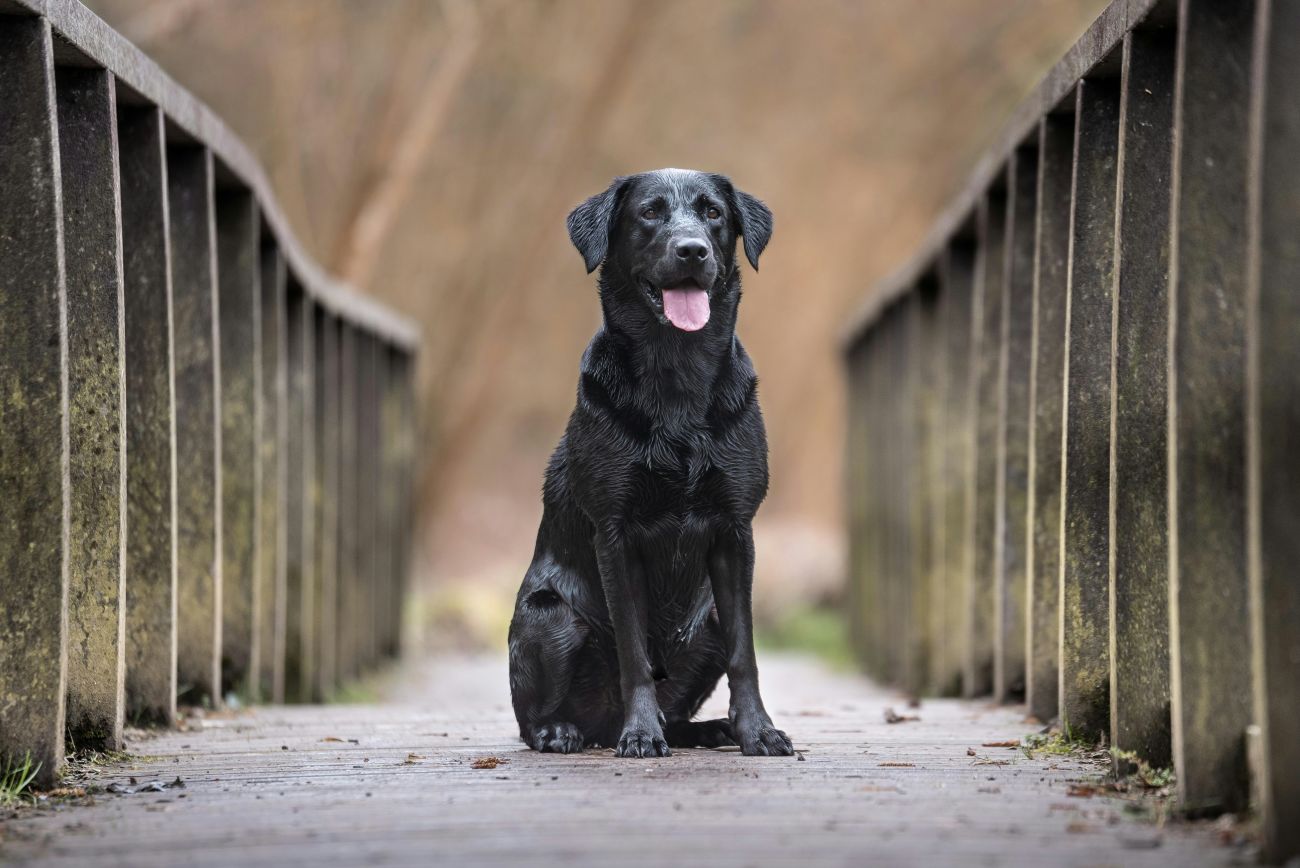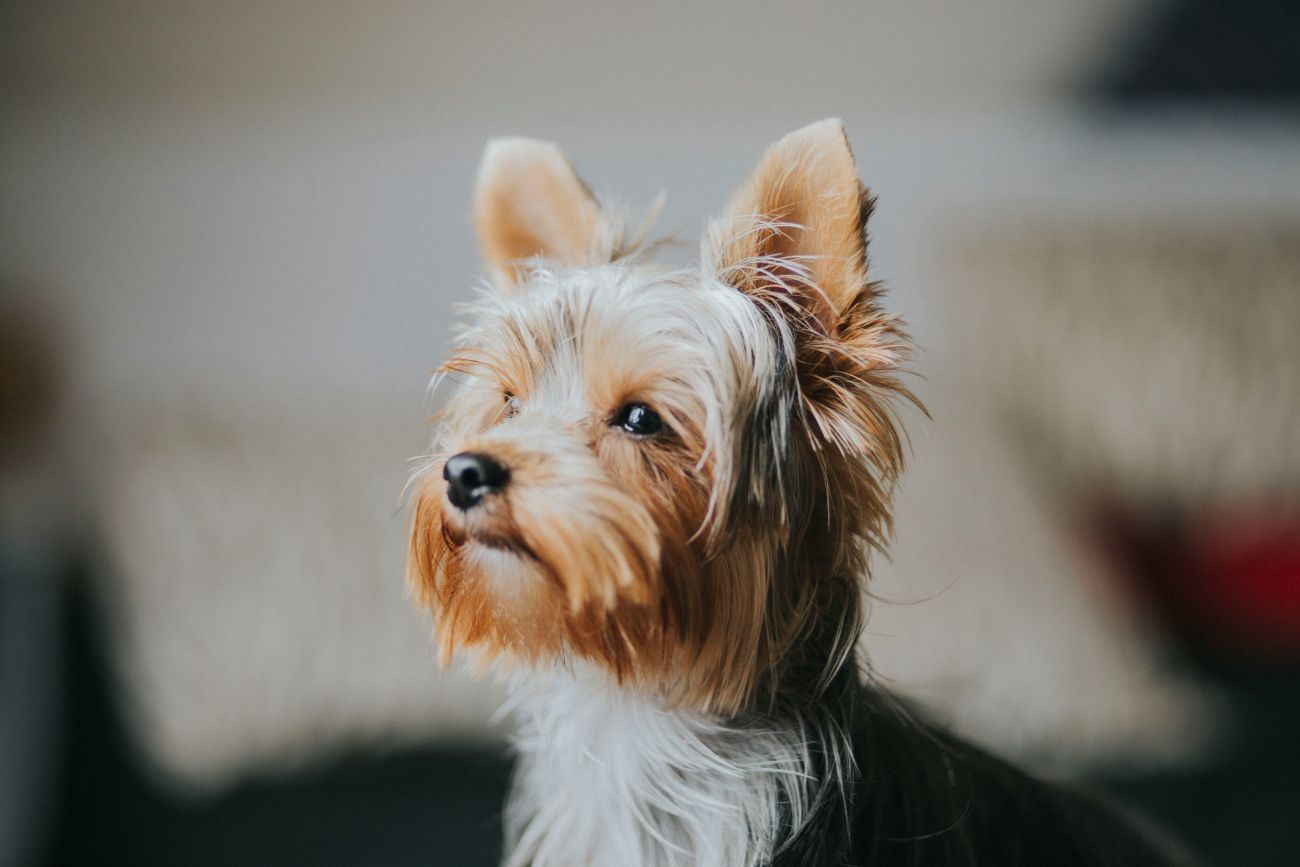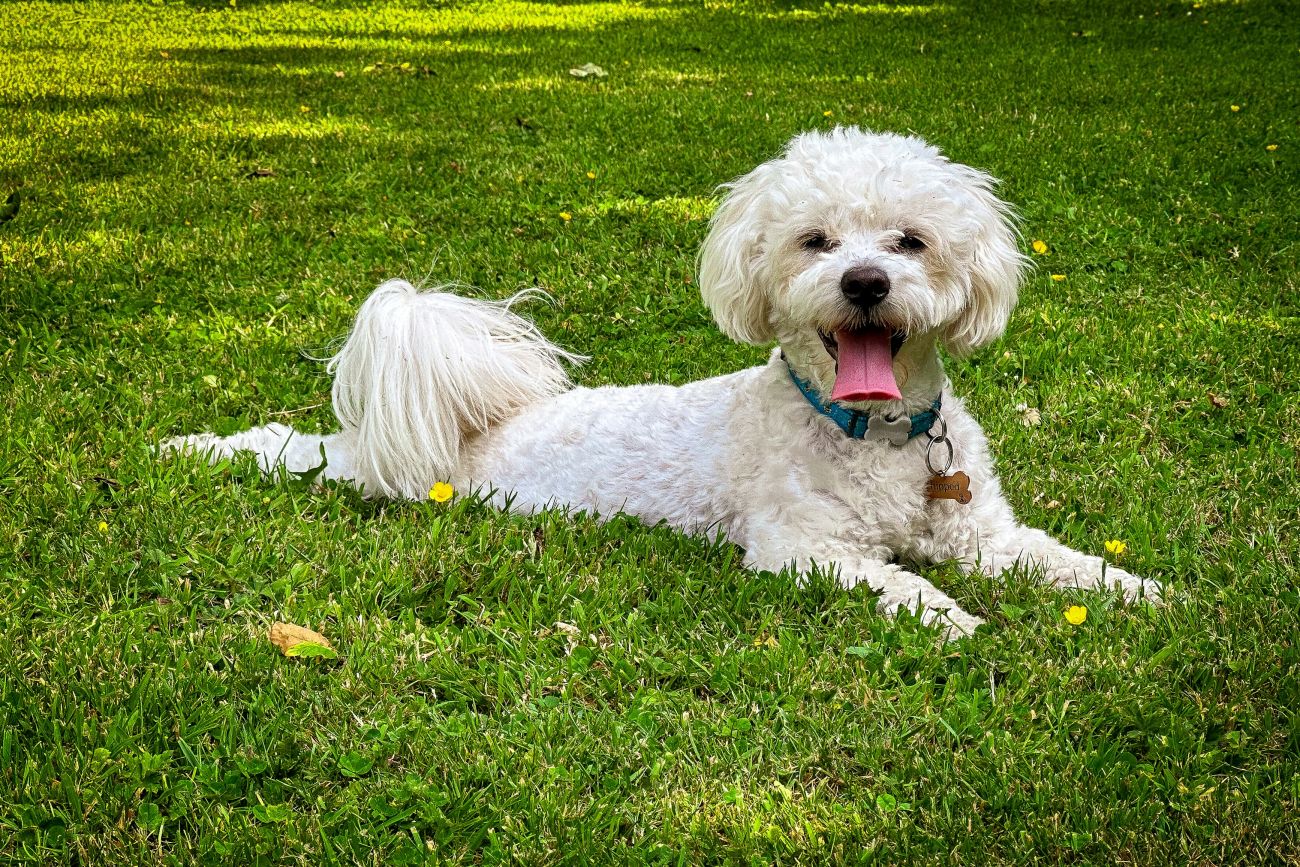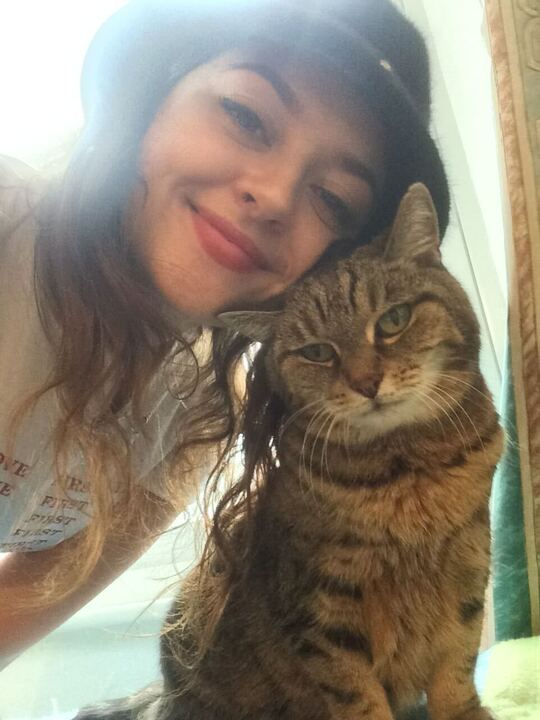Key takeaways
Choosing your first dog is an exciting process. However, it's essential you know exactly what to expect and can plan and change your lifestyle based on what you want from a pet.
There are hundreds of different breeds out there suited to different living situations, so doing your research is essential.
We're comparing the top 5 dog breeds that are best suited to first-time dog owners, so you can make an informed decision.
Quick Navigation
1. Labrador Retriever
Grooming: The labrador has a shorter coat meaning brushing and grooming isn't quite as extensive as their long-haired friends. However, they do shed a lot, so brushing and washing are essential!
Size: These dogs are a relatively big breed, but it's nothing that's not manageable! Their weight ranges from 25-36kg, and their height ranges from 55-62cm.
Temperament and energy: Labradors have a very even temperament and are generally very happy dogs! While they do have plenty of energy and love to run, they'll also enjoy snoozing on the sofa.
Life expectancy: With the right veterinary care, labradors will often live to around 11-13 years.

Health issues
Hip and elbow dysplasia
Osteochondritis
Obesity
Cancer
2. Cavalier King Charles Spaniel
Grooming: The Cavalier's long coat is silky soft and only requires some brushing and the occasional wash to keep it healthy. While they do shed a little, it's nothing compared to other long-haired dogs.
Size: These dogs are a very small breed, making them practical for smaller houses and apartments. Their weight ranges from 6-8kg, and their height ranges from 30-33cm.
Temperament and energy: This low-maintenance breed has the happiest and calmest temperament. They have fairly low energy levels, meaning a small walk or two a day will suffice.
Life expectancy: With the right veterinary care, the Cavalier King Charles Spaniel will live between 9-14 years.

Health issues
Syringomyelia: This breed's skull is too small for their brain, which causes abnormal pressure and fluid buildup.
Mitral Valve Disease: This heart condition starts as a murmur and will eventually lead to heart failure.
Hearing and vision issues: Ear infections and dry eye are very common among Cavaliers.
3. Yorkshire Terrier
Grooming: A Yorkshire Terrier's coat is more like human hair, rather than dog hair. It is silky soft and smooth and needs to be brushed and washed fairly regularly to keep it that way!
Size: These dogs are a tiny breed, making them practical for smaller houses and apartments and easy to carry around. They won't weigh more than 3.2kg, and their height ranges from 18-20cm.
Temperament and energy: While a Yorkshire Terrier's temperament is very consistent, their energy levels can swing from snuggling on the sofa to the zoomies in seconds, so be sure to give them enough physical and mental stimulation.
Life expectancy: With the right veterinary care, the Yorkshire Terrier usually lives from 13 to 16 years.

Health issues
Tracheal collapse
Dental disease
Hypoglycemia
Liver shunt
4. Golden Retriever
Grooming: Retrievers need plenty of brushing and washing due to their long, shedding coats. During the summer, the amount they shed can be difficult to deal with, so make sure you consider this before making any decisions!
Size: Golden retrievers are a medium-sized dog breed. They weigh between 27-34kg and are between 51-61cm tall.
Temperament and energy: Your golden retriever is almost guaranteed to be a sweetheart. Their temperament is calm and kind, and they are very emotionally intelligent. They have high energy levels and will need plenty of attention and exercise!
Life expectancy: With the right veterinary care, this dog breed will usually live between 10-12 years.

Health issues
Hot spots (areas of infected or inflamed skin)
Hip and elbow dysplasia
Hyperthyroidism
Cancer
5. Bichon Frise
Grooming: The Bichon Frise's fluffy white coat is almost completely hypoallergenic, meaning even though they shed, the hair gets caught in their undercoat. It's recommended you brush them at least weekly for their comfort, and, like other breeds, clipping their nails regularly is recommended too.
Size: This is a small, manageable, and practical breed, with a height of only 25cm - 30cm. They weigh in at about 5kg-9kg.
Temperament and energy: These pups are very consistently merry, meaning you'll have a dog that'll cheer you up when you think it's impossible! They are adaptable and easy-going and only require a small amount of exercise for their health (although they'd like a lot more!).
Life expectancy: A Bichon Frise will be by your side for a while, with the average life expectancy being between 14 and 15 years.

Health issues
Hip dysplasia
Luxating patella (kneecap slipping out of place)
Dental disease
Diabetes
Liver shunt
FAQs
What is the easiest dog to own?
There are many easy-going dog breeds for first time owners. Some of the easiest dogs to own include Dachshunds, Poodles, Chihuahuas, and Greyhounds.
Which dog is easiest to train?
Certain breeds take to training a lot easier than others. For example, a border collie is a very easy dog to train, and they are an incredibly intelligent breeed, meaning they can quickly pick up new tricks and behaviors.
Which dog breeds do best home alone?
While responsible dog ownership usually means not leaving your pup home alone, some dog breeds are more independent than others. For example, Greyhounds will sleep most of the day, so they are good at staying home alone, and Chow Chows are naturally independent pups who like their space.
Which dog has the least problems?
A dog's breed can determine the health issues they are likely to face in their lifetime, and purebreds can inherit a lot of genetic disorders. While mixed breed dogs will always be healthier, the Chihuahua usually has the least health problems compared to other purebreds.
What breed of dog is best behaved?
The Cavalier King Charles Spaniel is usually regarded as one of the best dog breeds for behavior. They are happy, adaptable, and loyal dogs who are happy to socialize and can be trained easily.



